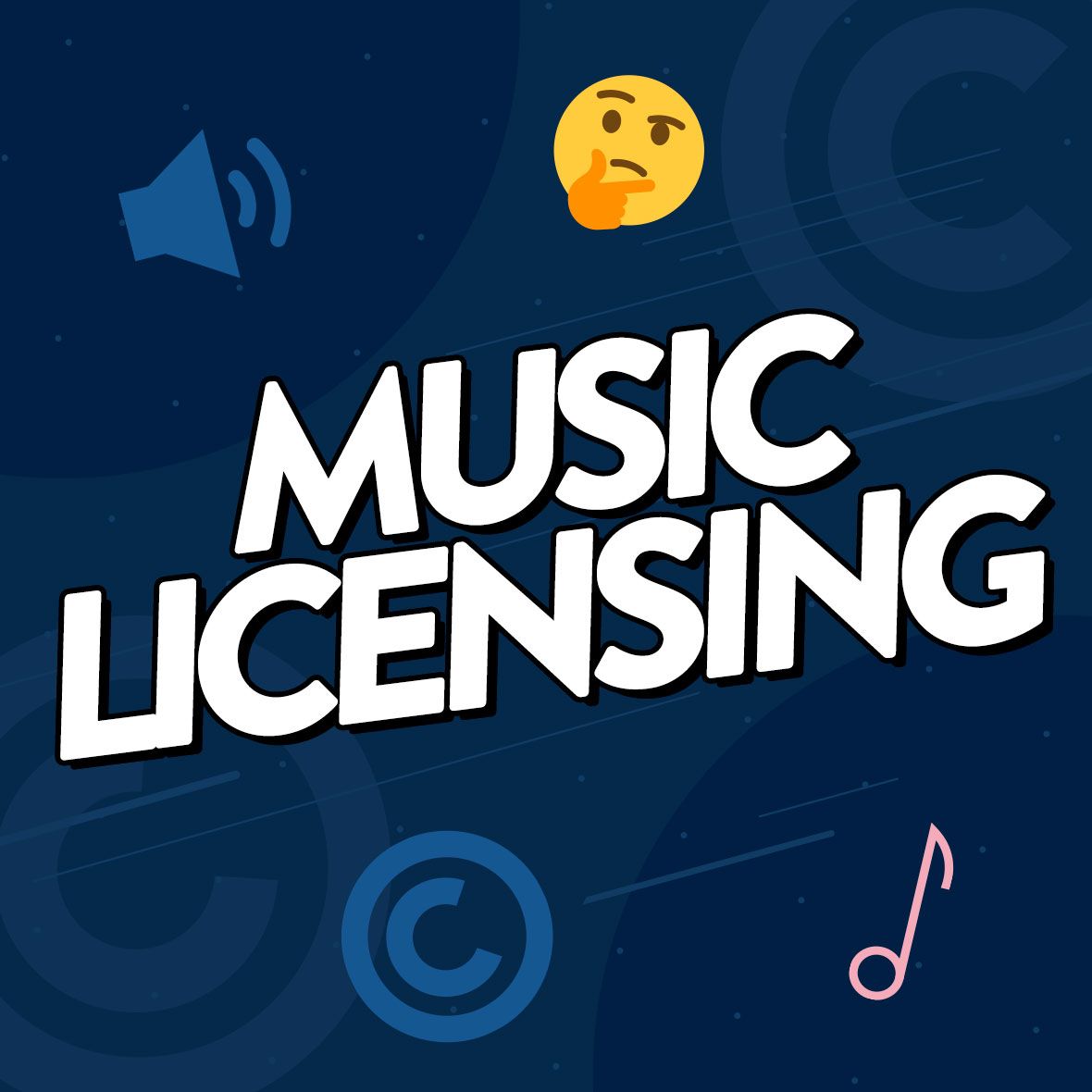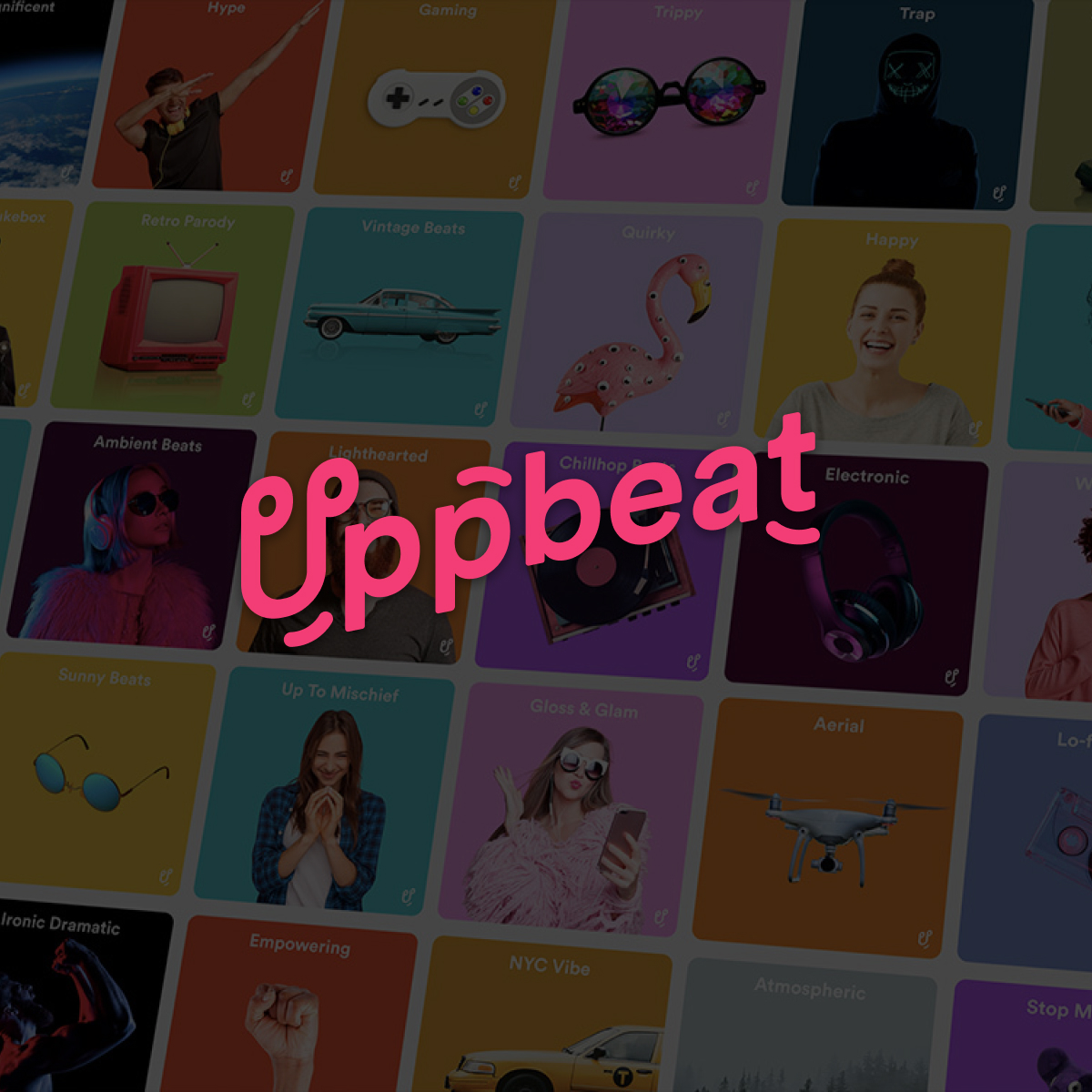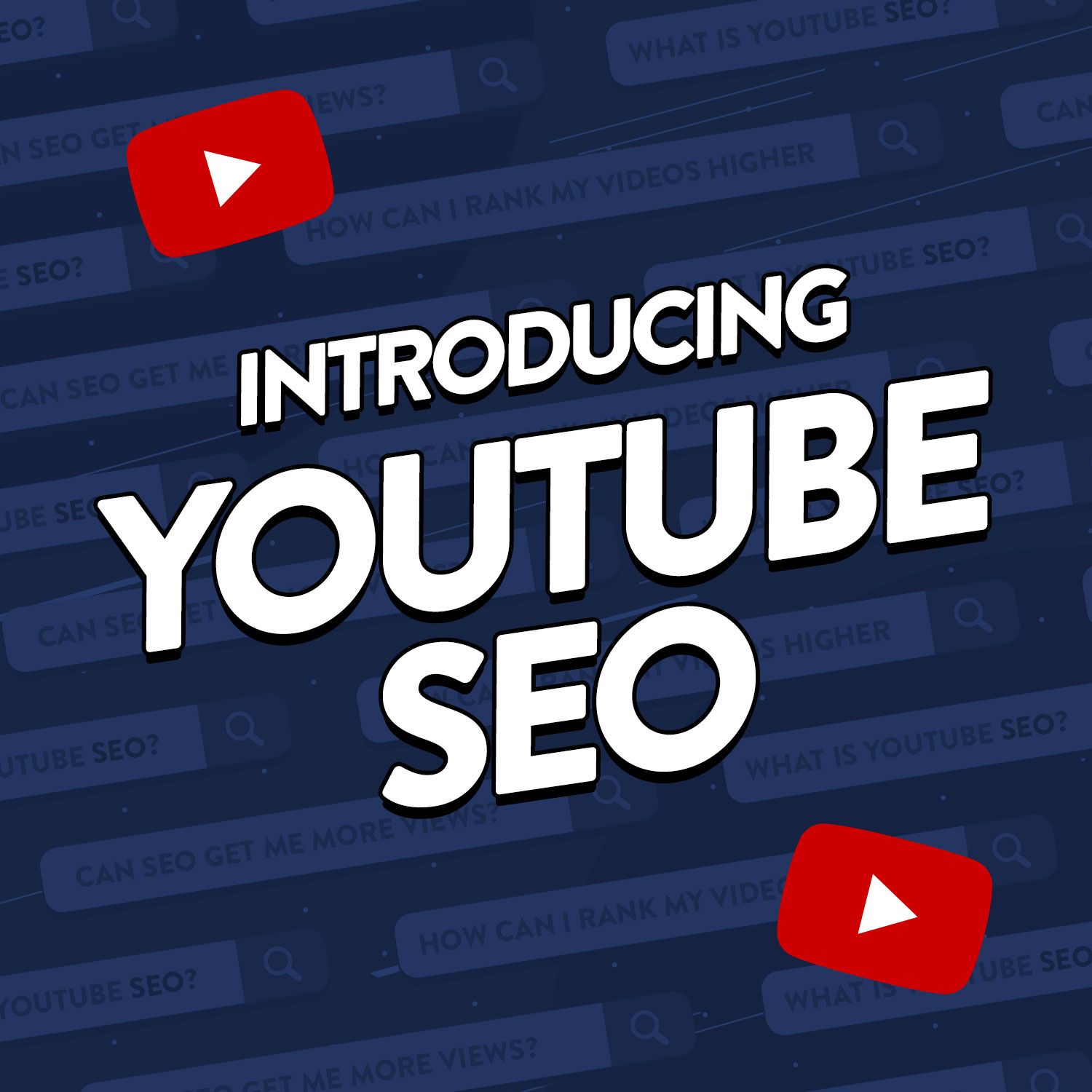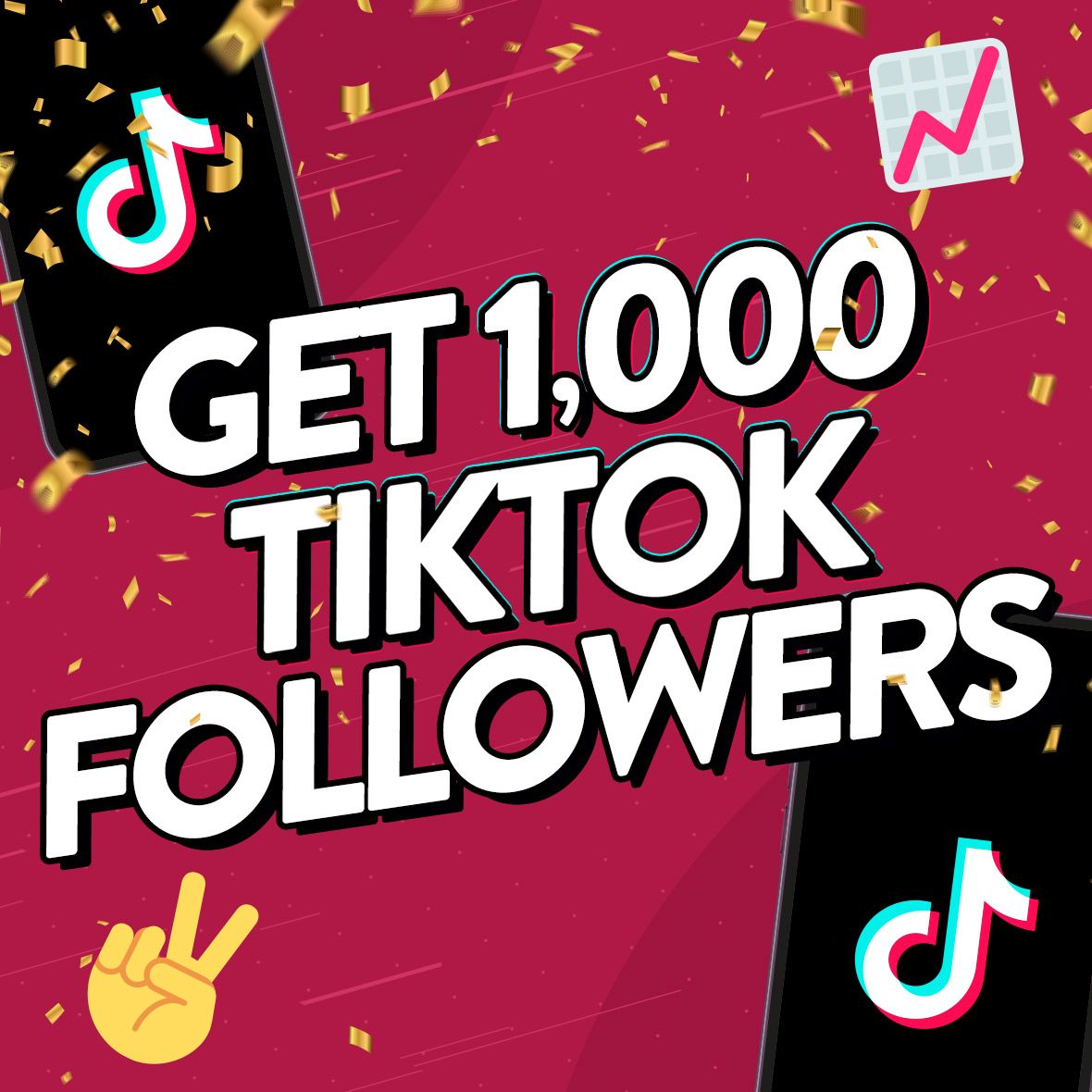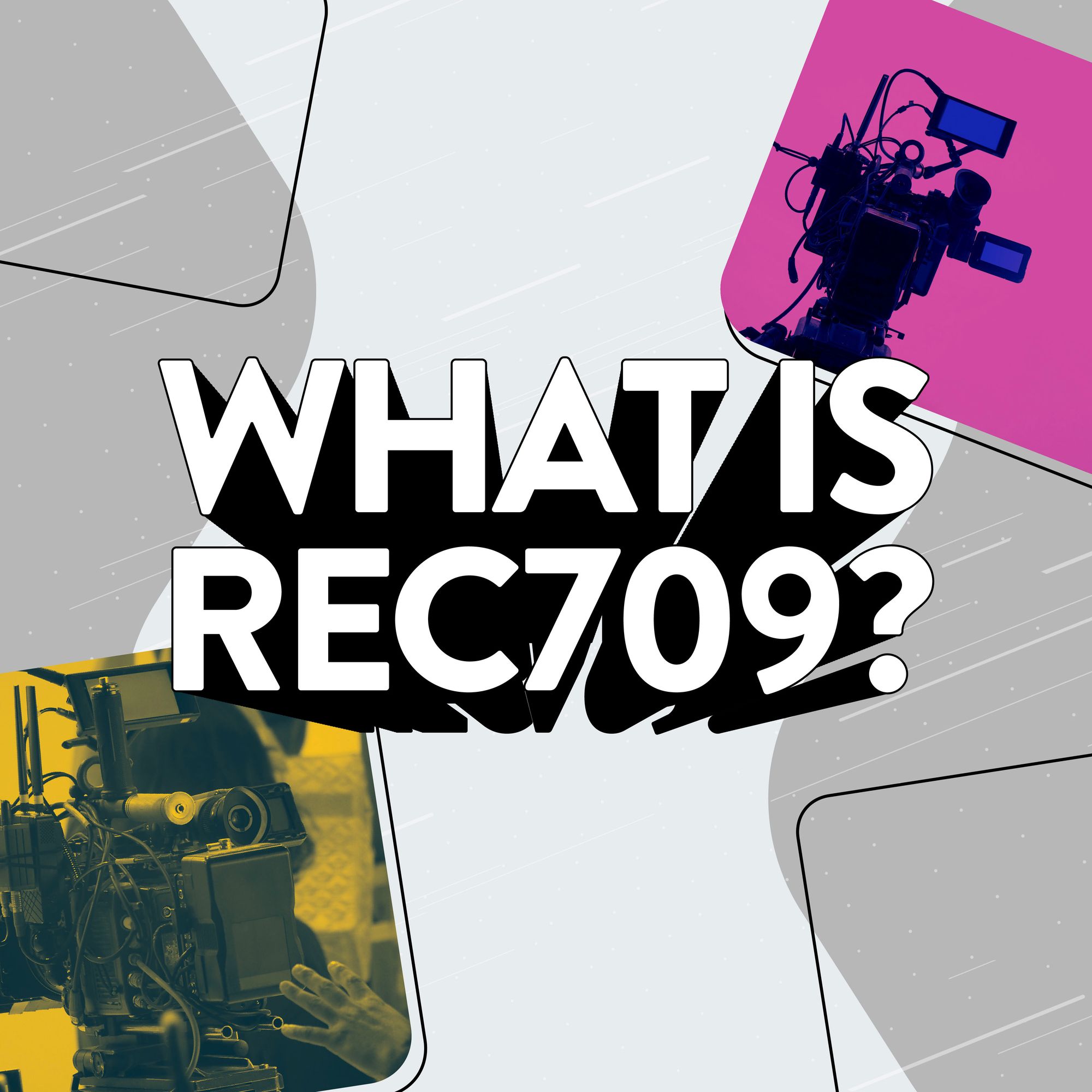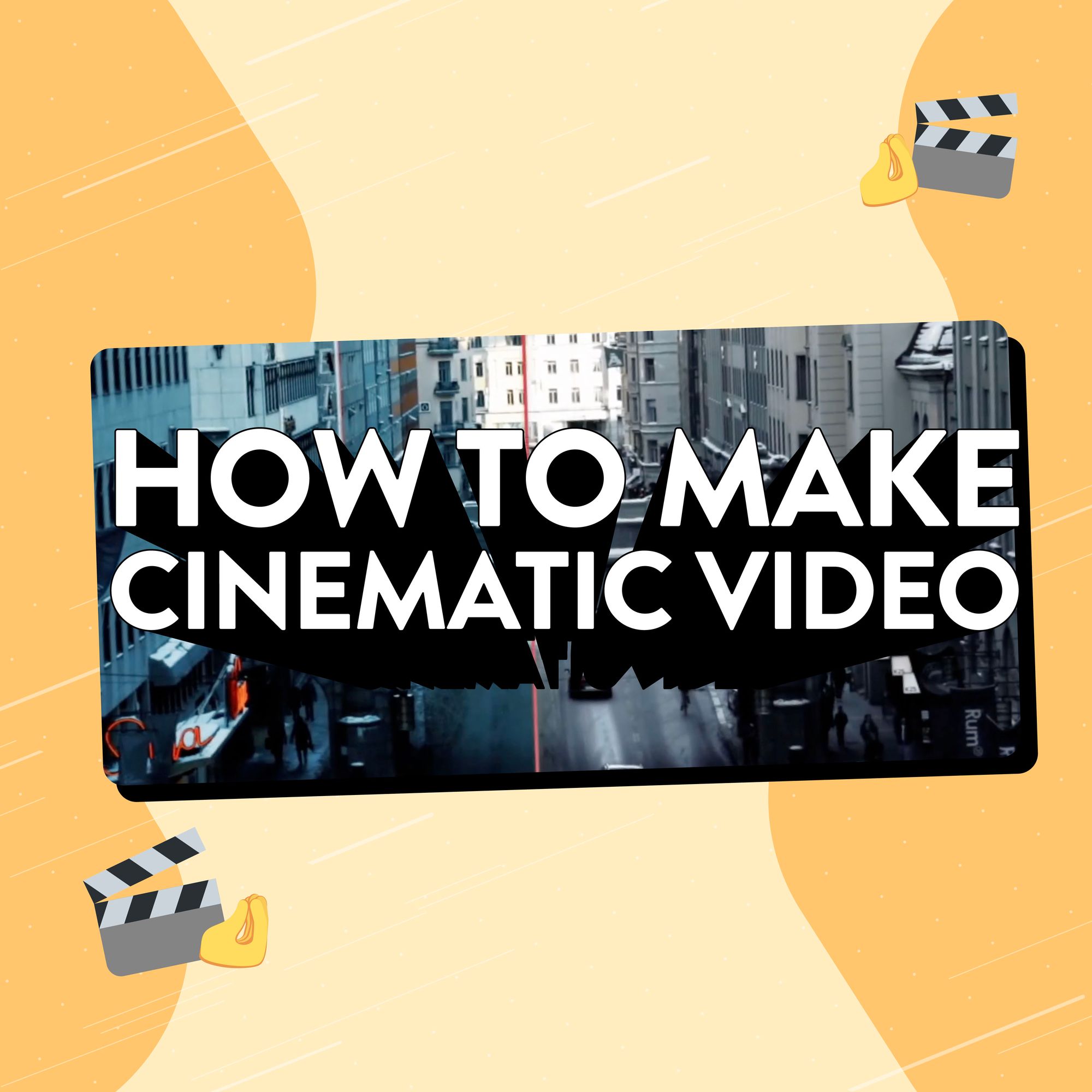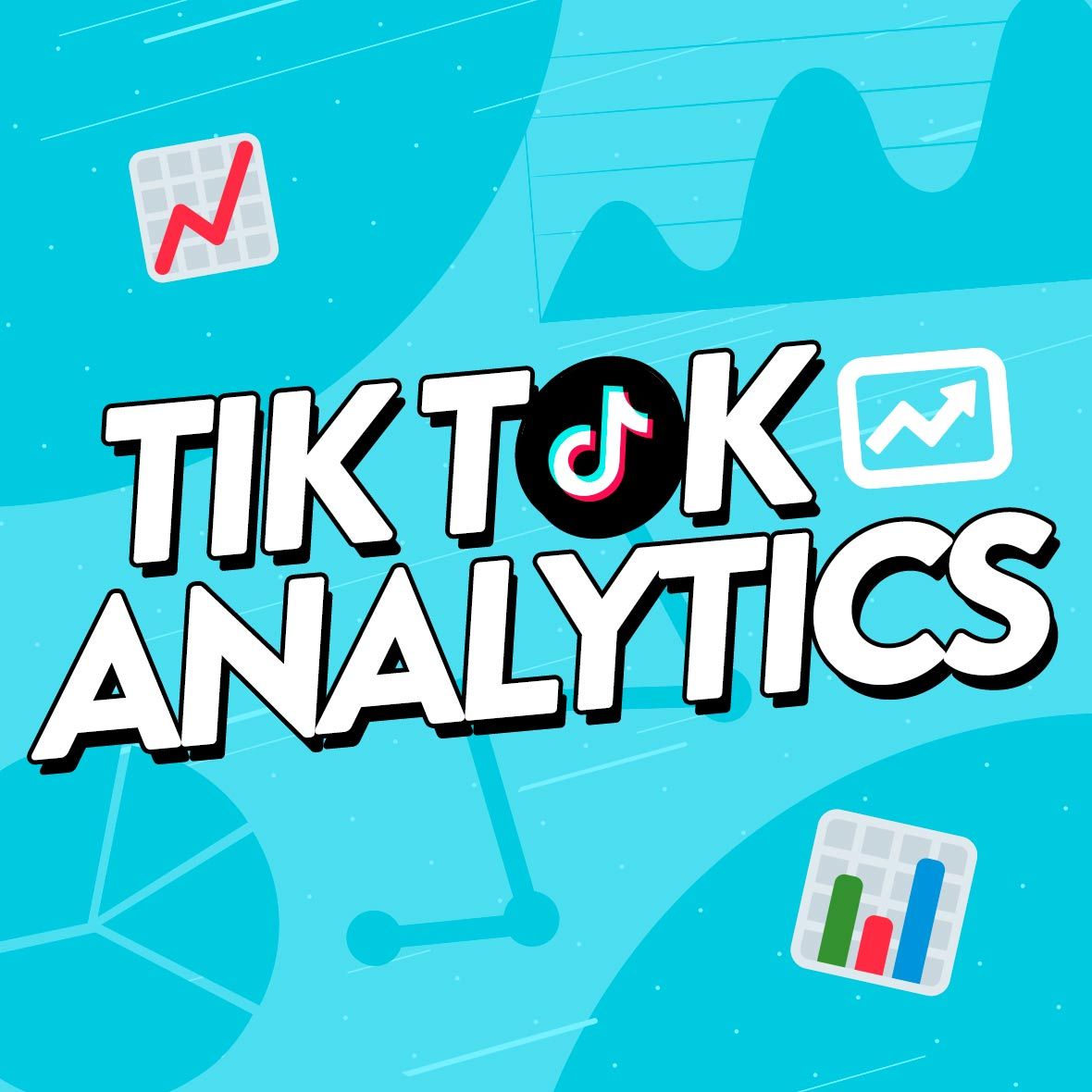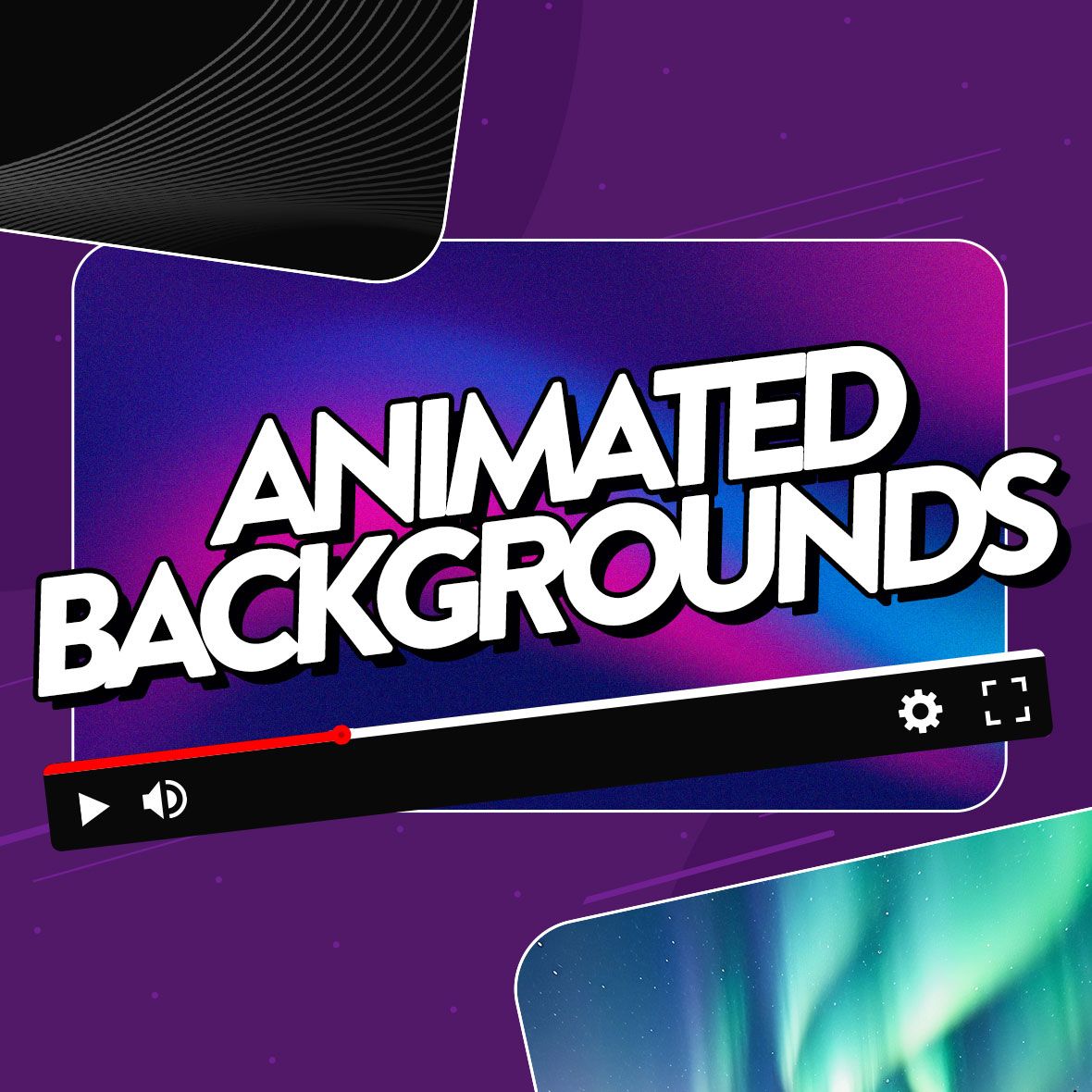Finding a soundtrack becomes so much easier when you know how music licensing works and where to find music you can safely use in your videos. After all, the last thing you want is to find the perfect track only for it to be the reason your content gets taken down. Unfortunately that’s exactly what can happen if you use the latest track from Billie Eilish or Lil Nas X without getting a music license.
But licensing chart-toppers can be wildly expensive and even more difficult. Thankfully, there’s plenty of great music you can use in your videos without the prospect of legal battles with massive record labels or publishers.
To help you safely find the perfect music for your production, we’ve put together this helpful guide with everything you need to know about music licensing. Learn the different types of licenses that are available, and discover where you’ll find tracks with pre-cleared licenses to download easily.
- What is music licensing?
- Why it's important to license music
- Understand the different types of music licensing
- Master license
- Synchronization license
- Mechanical license
- Public performance license
- Print license
- Theatrical license
- Blanket license
- How to license music for your video content
- How much does music licensing cost?
What is music licensing?
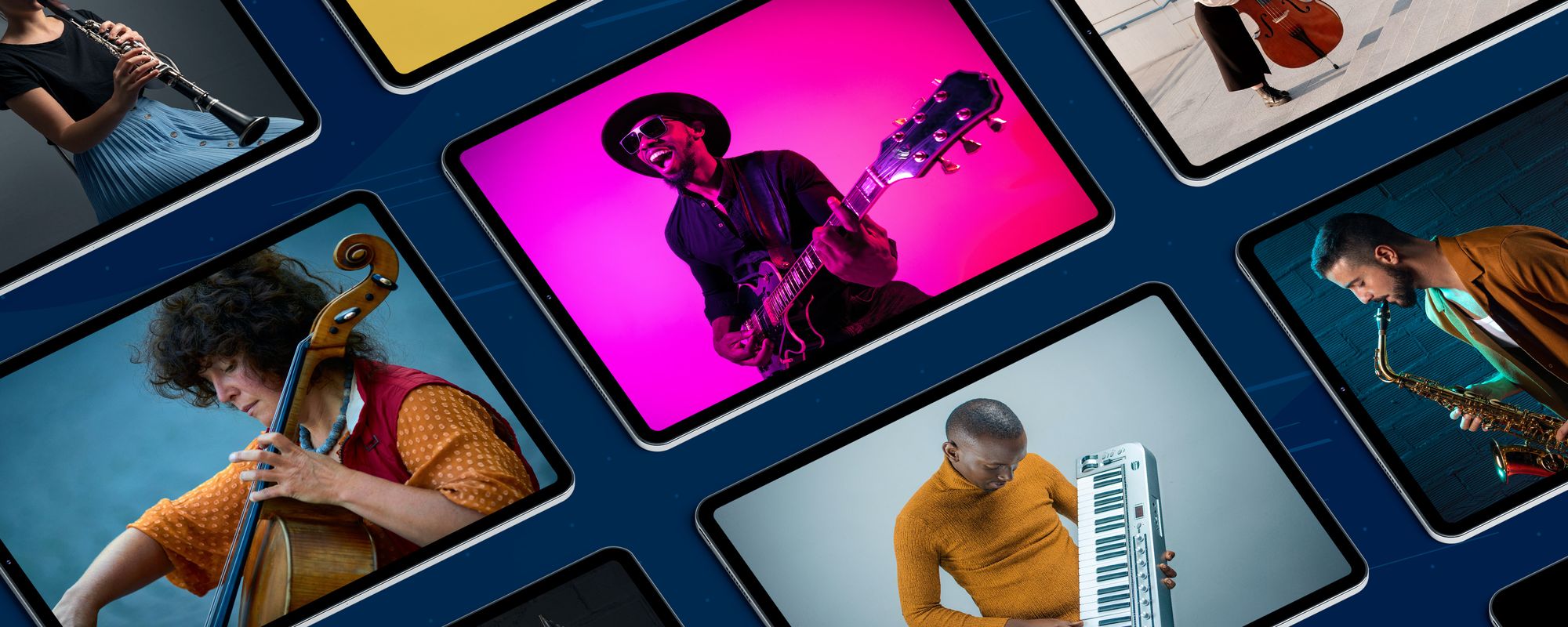
Most music is protected by copyright. Music licensing is the legal way you get permission to use copyrighted music. Getting a license gives you the rights to use a track from whoever owns the music copyright - typically the songwriters, composers, publishers, or recording labels. So if you want to use a track by Drake or Taylor Swift, you’ll need to get a music license first.
No matter what kind of project you’re working on, if you want to use copyrighted music, you’ll probably need a music license. It makes no difference whether you’re a content creator featuring a song in a YouTube video or a massive studio soundtracking a Hollywood blockbuster.
Licensing gets more complicated when you consider the variety of licenses available, with each one covering a different way the music can be used. Read on to find out what they all mean and which licenses you’d need for your project.
Why is music licensing important?
You wouldn’t want someone to use your content without permission, right? Music licensing protects the rights of artists in the same way. By licensing their music, artists can choose how people use their tracks, giving them the opportunity to earn from each usage.
It’s important you understand music licensing as a creator because correctly licensing music will protect your videos from legal issues. On the flipside, if you use music without a license, you leave yourself open to content being taken down, loss of monetization, or even lawsuits and hefty fines. It’s a risk that’s easily avoided when you know what type of music license you need.
Different types of music licenses explained
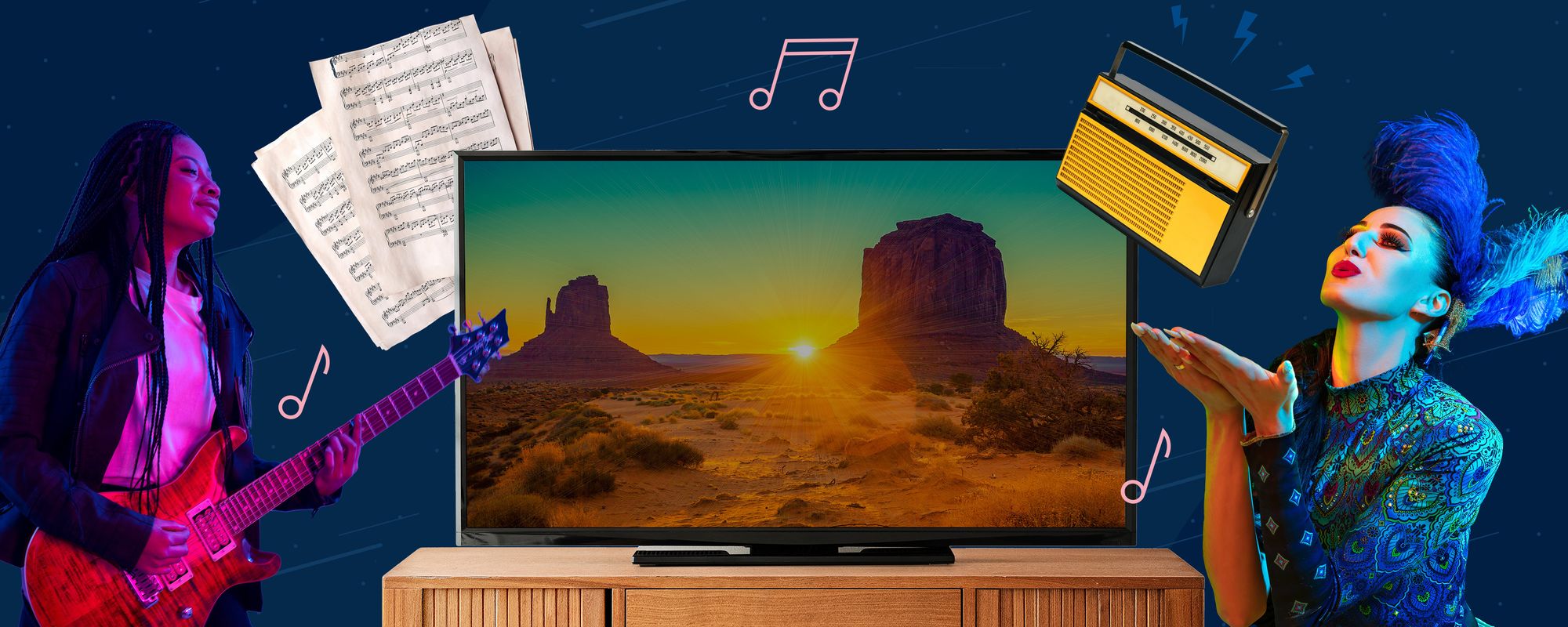
The sheer number of licenses to choose from can make music licensing seem complicated. But it’s actually quite straightforward. Yes, there are many types of licenses, but that’s only because there are many different ways people use music.
Picking the right type of music license is simple so long as you know how you plan on using the track. Not sure what license you need? We’ve pulled together a list of the most common music licenses and what kind of projects they cover
Master license 🎧
For when you use a specific recording of a track.
A master license gives you permission to use a pre-recorded version of a song or piece of music. Or in other words, you can use the master recording. So if you heard a song on Spotify and wanted it to feature in your production, you’d need a master license for that specific recording.
The master license is granted by the copyright holder of the recording, which is often the record label or the artist. It sets out the ways you can use a specific recording in your project. This includes how long the license is valid for and what type of production the recording can feature in.
When you license music to use in your video, you’ll need both a master license and a sync license - the master license gives you permission to use the specific recording, and the sync license tells you how you can synchronize it alongside your video.
Synchronization license (sync license) 📺
For when you use music alongside video content.
A synchronization or sync license allows you to use copyrighted music alongside visual media. Essentially you can sync the music with your footage. Sync licenses not only cover content on social media, but also films, television shows, commercials, and video games.
So whether it’s music for your vlog or the soundtrack for the next GTA game, both will require a sync license. The scope of a sync license will vary between projects, influenced by factors like audience size, geographic reach, and distribution channels.
Take Nick Cave and the Bad Seeds' Red Right Hand as an example. Using the track in a YouTube video would cost far less than the producers of Peaky Blinders paid to feature it in their title sequence.
When you get a sync license, it’ll lay out exactly how you can use the music alongside your footage. This includes any limitations, including how long the license is valid for and which regions your content can be shown in.
Mechanical license 💿
For when you reproduce and sell recordings of music.
A mechanical license gives you permission to copy and share audio recordings of copyrighted music. This includes physical formats like CDs and vinyl records, as well as digital downloads, podcasts and streams. So any music featured on The Joe Rogan Experience podcast or a compilation CD of Christmas songs would require a mechanical license.
You’ll need a mechanical license whether you use an original recording of a copyrighted track, or create your own cover version. This ensures the original songwriters and publishers are compensated for each copy made or sold. The terms will outline how the copyright holder is paid for using the track, regardless of how you release the reproduced version.
Public performance license 🎤
For when you perform a song live or play it in public.
A public performance license allows you to perform or play copyrighted music in public. They’re required whenever copyrighted music is played in public in concert halls, or broadcast over the radio and TV. It even applies to the music you’ll hear in public businesses like coffee shops and restaurants.
A public performance license is typically issued by performance rights organizations (PRO) who then pay the songwriters and publishers through music royalties.
Typically a public performance license includes coverage for all songs in the PRO's repertoire for a set fee. This is called a blanket license and allows a venue to legally play a wide range of copyrighted music, without needing to get the rights for each song.
Print license 🎼
For when you print and sell music notation or lyrics.
As the name suggests, a print license is needed if you want to reproduce music in its printed form. This covers reproductions of any sheet music or notations, and also applies to lyrics - which means you’d need a print license if you wanted to create a t-shirt featuring lyrics from your favorite band.
Theatrical license 🎭
For when you use music in a live stage production.
A theatrical license allows you to perform a copyrighted play, musical, or other dramatic work in front of an audience. The theatrical license often outlines certain production requirements. This can include following the original script and score, and paying royalties to the artist based on ticket sales.
Blanket license 🔁
For when you need unlimited use of a music catalog.
A blanket license is granted by a performance rights organization (PRO). It allows you to play any music in the PRO's catalog as much as you like for a set period of time. This license is commonly used by radio and TV stations, restaurants, and other venues that wish to play music publicly. Especially as it means they don’t need to get individual licenses for each song played.
How to license music to use in your videos
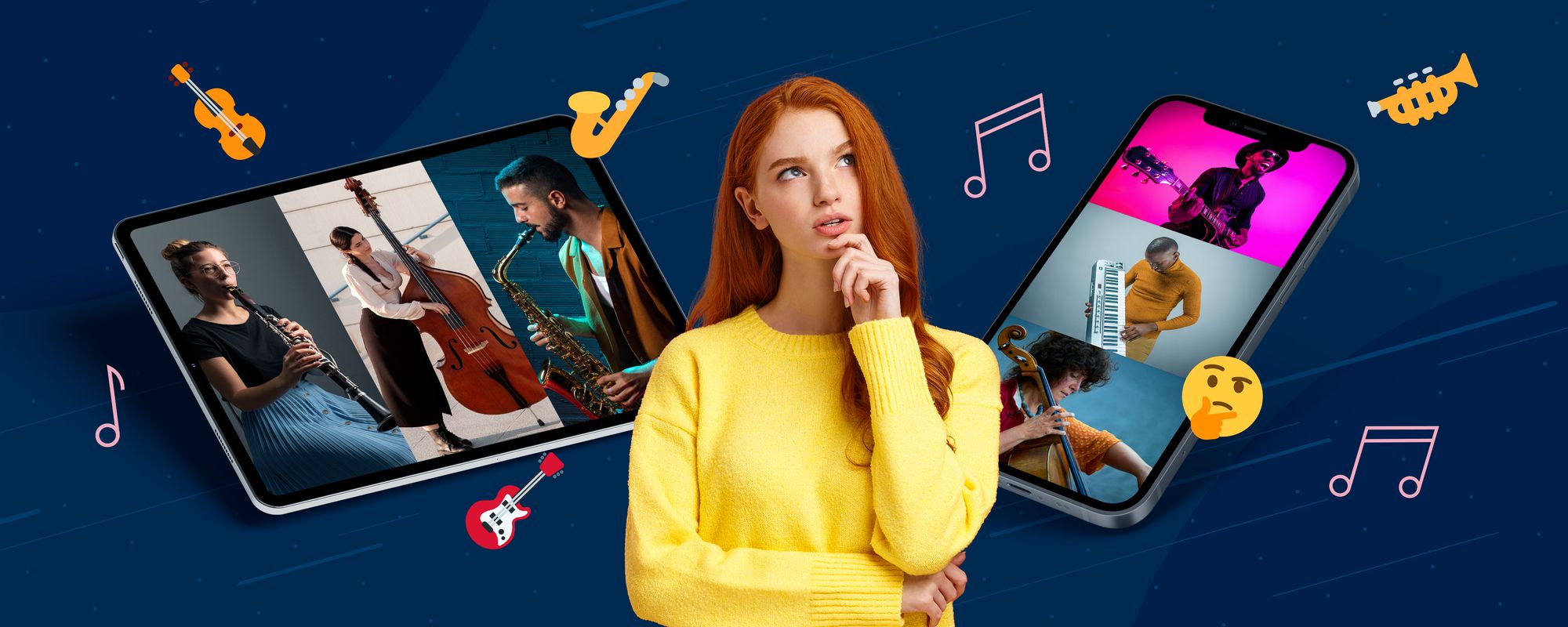
Licensing music for your videos boils down to getting permission from everyone who holds rights to the music you want to use. This can be easier said than done when you consider the rightsholder could be the musician, their record label, a publisher, or all of the above.
Even when you know who to speak to, you still need to negotiate terms and purchase the license. Thankfully, there’s a simpler way of licensing music to safely use in your content. Copyright-free music platforms like Uppbeat agree licenses with their catalog of artists upfront, so you don’t have to.
By signing up to Uppbeat, you can download pre-cleared music without needing to worry about getting a new license for each track. Just make sure to include an Uppbeat credit alongside your content to show you’ve got permission to use the music and avoid pesky copyright claims.
Explore Uppbeat
Discover awesome music pre-cleared for use in video content 😇
How much does music licensing cost?
The amount you pay for a music license can differ wildly. A popular track by a chart-topping artist could easily cost thousands of dollars to license. But there’s also tons of great music you can license for no cost at all.
A free Uppbeat account gives you access to 30% of the awesome copyright-free music in our catalog. When you join, you’ll get three free downloads topped up by one each month. Or if you want to enjoy full access and unlimited downloads, upgrade to an Uppbeat Creator account. Check out the full range of options available on Uppbeat and find the plan that’s right for you.
Downloading music to safely use in videos is simple
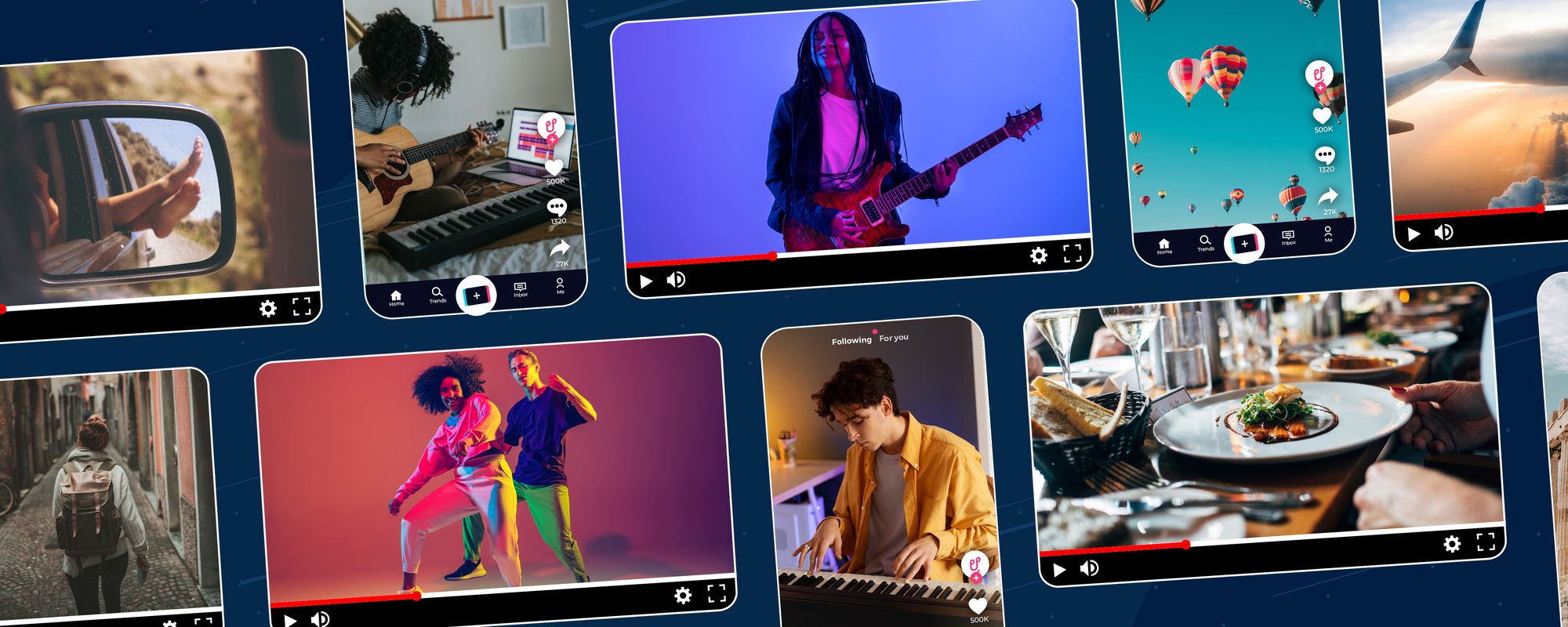
Once you understand how music licenses work, finding tracks that are safe to use in your content is easy. It comes down to making sure you have the right license - one which gives you permission to use the music however you want.
It’s true that hitting up Billie Eilish to use Bad Guy in your video isn’t going to be straightforward - and would likely end up costing a lot of money too. But there’s tons of amazing copyright-free music created especially for content creators like you.
Music platforms like Uppbeat make music licensing as simple as finding the perfect track and hitting download. So what are you waiting for? Sign up and try Uppbeat for free today.
Everything you need to know about music licensing
Want to dive deeper into the world of music licensing and learn about how to find tracks you can safely use in your videos? Check out our related guides on all things music licensing:
- What is Royalty-free Music? And How is Copyright-free Music Different?
- How Uppbeat’s Music Licenses Work
- What Are Music Royalties? And How Do They Work In 2025?
- Music Licensing Explained: The 7 Different Types of Music Licenses for your Project
- How to Find Out if a Song is Copyrighted: Safely Using Music in Videos
- Understanding Music Copyright: How to Safely Use Music in Your Videos
- What does DMCA mean? How to protect your content from DMCA copyright takedowns
- What is Public Domain Music? Should You Use It?
- What is a Creative Commons License?

